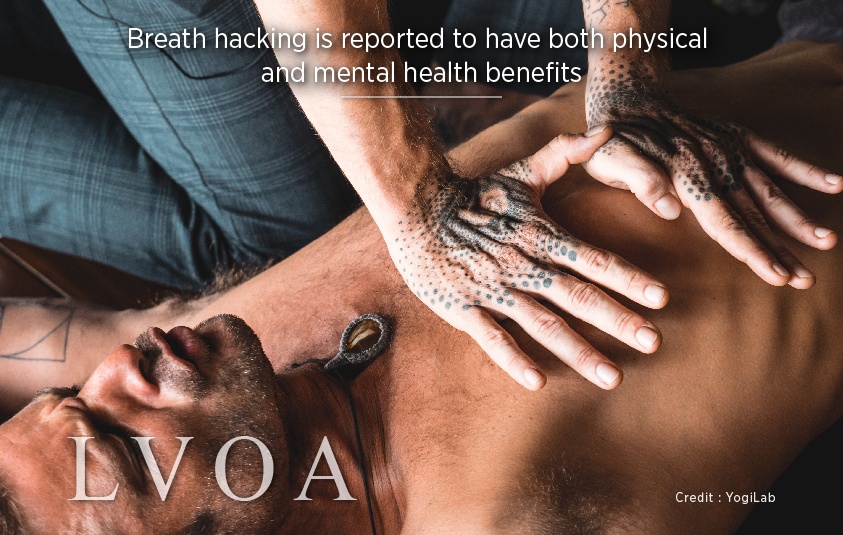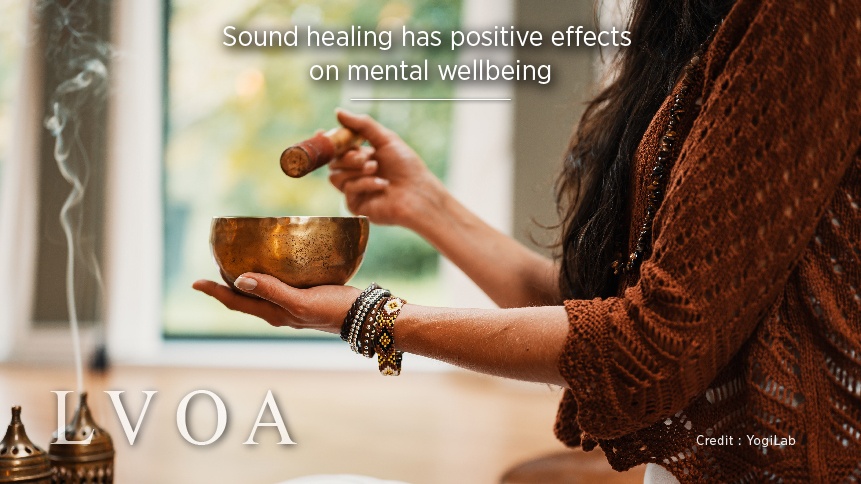Think of the word “wellness” and you’ll likely think of a spa retreat; ethereal chanting on repeat, the sweet scent of jasmine, and frangipani blossoms floating in a copper bowl. However, the definition of wellness is changing, expanding to become more holistic, as well as more medical, and this includes the incorporation of mental health.
The pandemic with all its social isolation and stress has forced people to reckon with physical health, mental health and general wellbeing as a whole. Relief and recovery from mental turmoil is what guests are now looking for at a spa or retreat, in both holistic or clinical therapies. Here are a few trends when it comes to the growing prevalence of mental wellness in hospitality:
Holistic mental wellbeing
Western culture is looking to the East when it comes to “alternative” holistic mental wellbeing and mindfulness.
In Japan, shinrin-yoku (forest bathing) takes center stage at wellness-focused resorts such as Amanemu. Shinrin-yoku was developed in Japan in the 1980s and is now widely lauded throughout the rest of the world as a powerful retreat experience that involves immersion in nature. Health benefits of shinrin-yoku include reduced blood pressure, lower cortisol (stress hormone) levels, and improvements in concentration and memory. What’s more, trees release chemicals called phytoncides, which have an antimicrobial effect on human bodies and boost the immune system
Sound healing is another holistic wellness treatment du jour, with many practitioners citing Tibetan singing bowls as a reference, while others incorporate crystals. California-based sound healer Roxie Sarhangi plays seven crystal bowls tuned to the notes of the body’s seven chakras/energy centers. She has collaborated on projects with 1 Hotel West Hollywood and Kimpton La Peer, completed an artist residency at the Culver Hotel, and played for staff at The Proper Hotel in Santa Monica. Benefits of sound healing include stress reduction, pain management, sleep improvement, lowered blood pressure and cholesterol levels, and lowered risk for coronary artery disease and stroke.
(Another timely benefit of these two mental wellbeing treatments? Prime social distancing opportunities.)
Medical mental wellbeing
The line between hotel and hospital has been blurred during the pandemic, with the introduction of hospitels and hotels used as quarantine facilities. Just as physical treatments at spas and hotels have become more clinical, treatments focused on mental wellness have now developed to incorporate mental health practices and psychology.
Hyatt has partnered with meditation and mindfulness app Headspace. Headspace’s content is available to World of Hyatt members via the World of Hyatt app, as well as in-room at 15 Hyatt hotels across the Americas. Benefits of meditation include stress reduction, anxiety control, emotional balance, lengthened attention span, and improved memory.
At Manhattan’s Four Seasons, resident healer and clinical hypnotherapist Nicole Hernandez offers in-person services such as hypnosis therapies, somatic healing, and coaching. Hypnosis therapy can help combat sleep disorders, calm anxiety, manage chronic pain, and fight addiction. Somatic healing regulates bodily reactions, thereby reducing stress, discomfort and physical tensions.
Here in Asia, “emotional balance” treatments at Rosewood’s Asaya Hong Kong include psychological therapies such as cognitive behavioural therapy (CBT) and expressive arts therapy. CBT is widely used as a treatment for anxiety and depression; a talking therapy that acknowledges how thoughts and behaviour are connected, and works on breaking negative patterns in both. Art therapy is about creative expression through visual art media; tapping into deep thoughts and feelings, often trauma, in order to focus on healing.
A practice bridging the gap between medical and holistic wellness when it comes to mental health is breath hacking. “Take a deep breath,” is a phrase we’re all familiar with; usually uttered when we need to calm down. Breathing exercises for mind and body are scientifically proven to rebalance the automatic nervous system; decrease heart rate and blood pressure, while also reducing activity in the amygdala, the fear center of the brain.
Breath hacking is not new – think of breathing practices such as Pranayama – but it’s certainly having a moment in the wellness sphere. Bali’s YogiLab runs a course on Dopamine Activation Breathing, which follows the Marcel Hof Method of breath techniques. The five-day course is said to improve general wellbeing, release trauma, relieve stress, and also combat anxiety and depression. It’s recommended to be followed by the Deep Immersion Cold Exposure course, which uses direct exposure to extreme cold to improve physical and mental health.

Internal mental wellbeing
This new prioritisation of mental wellbeing doesn’t just apply to guests. Addressing the mental health of staff has never been so important, especially in the hospitality industry where jobs have been lost, wages cut, and a return to work means potential exposure to the virus.
According to the UK’s governmental Health and Safety Executive (HSE), “stress, depression, or anxiety accounted for 51% of all work-related ill health cases and 55% of all working days lost due to ill health (2019/20)… 84% of those working in hospitality attributed feeling increased stress as a direct result of their job.”
As travel starts to resume and the hospitality industry begins to bounce back, staff need to be on top form to provide exceptional service and boost consumer confidence. Yet, now more than ever, they may lack the motivation to do so, or may even be struggling with mental health issues as a result of what has happened the past 18 months.
“Businesses realise they need to take a more proactive approach to supporting their people through this time, so that they are able to deliver the service, quality and reassurance that guests want and expect.” says Sean Wheeler BEM, a People & Culture Consultant in the hospitality industry.
Mental wellness in hospitality post-Covid
Will this trend for mental wellness prevail in the hospitality industry beyond Covid-19? Many mental wellness professionals believe it will.
“I believe the trend will continue even as the pandemic and the impact of it resolves,” says Dr. Megan Lewis in a recent interview with Mansion’s Global. Dr. Lewis is the VeraVia Director of Behavioral Health at the Park Hyatt Aviara and the adjoining residences in Carlsbad, California. “It is more accepted now than ever before in history for people to admit or share the fact that they receive mental healthcare.”
It’s true that establishments where guests stay overnight and engage in mental health treatments may historically have been considered rehabilitation centers, or even asylums. Now, these treatments are offered as luxury hospitality services.
With the stigma around mental health lessening over time and the pandemic’s spotlight cast on mental wellbeing, there has been a shift in attitude towards mental wellness – from taboo illness to understanding and empathy. We’ve come to realise that, like physical health, our mental health ebbs and flows, taking on and fighting illness and injury, just as our bodies do.
Hospitality serves to provide relaxation and escape; rejuvenating the body and mind so that guests may return home feeling refreshed and invigorated. In the current climate, providing tools such as mental health treatments, therapies, and self-care practices doesn’t seem too far a stretch from the core values of the industry.







